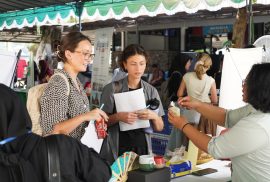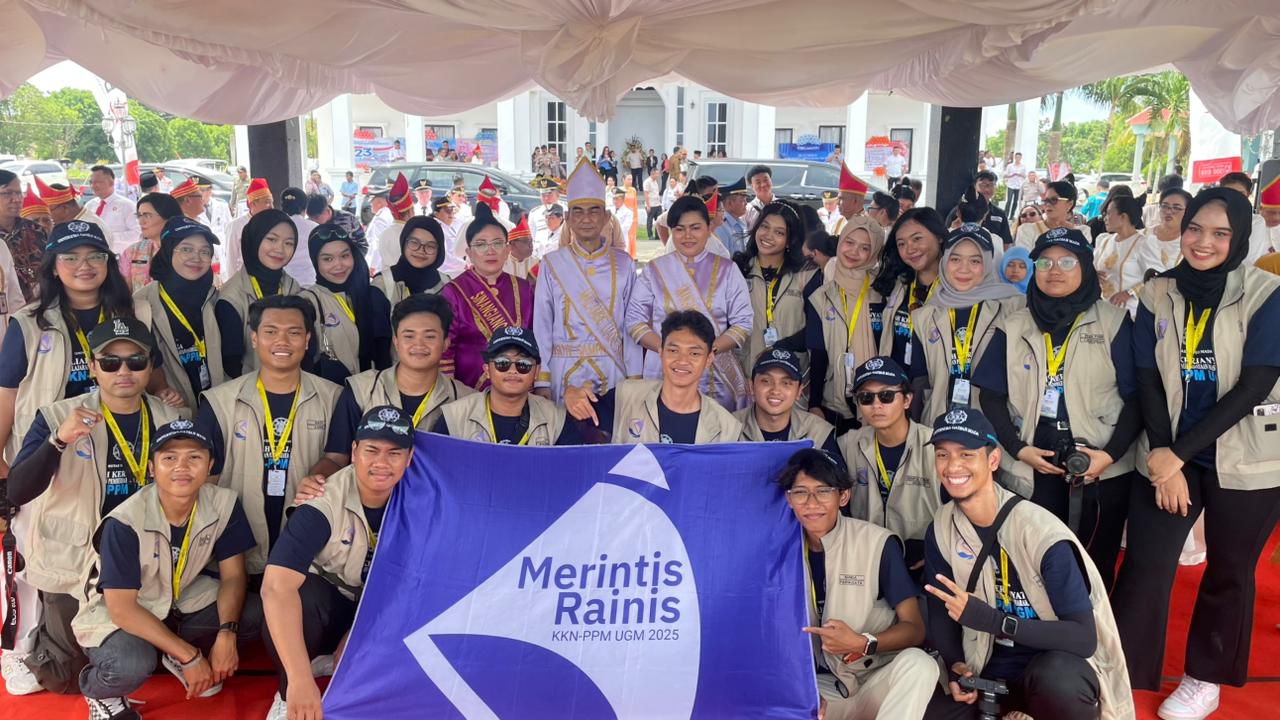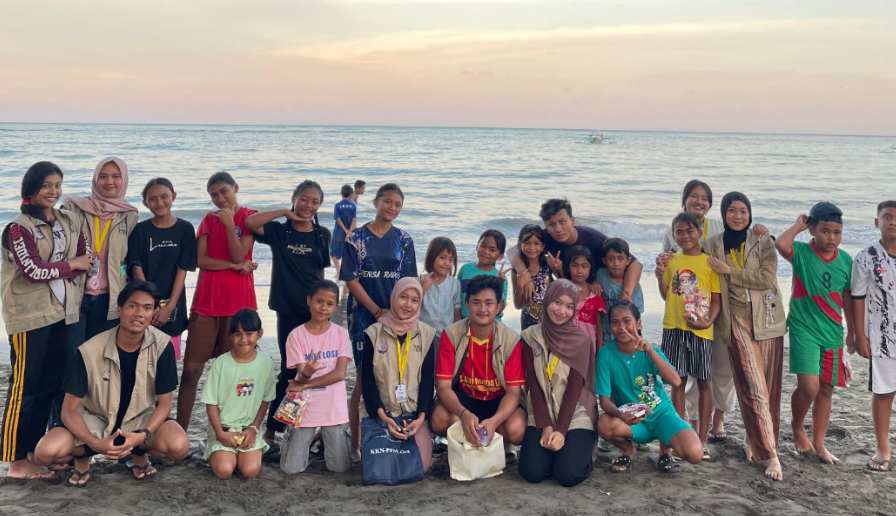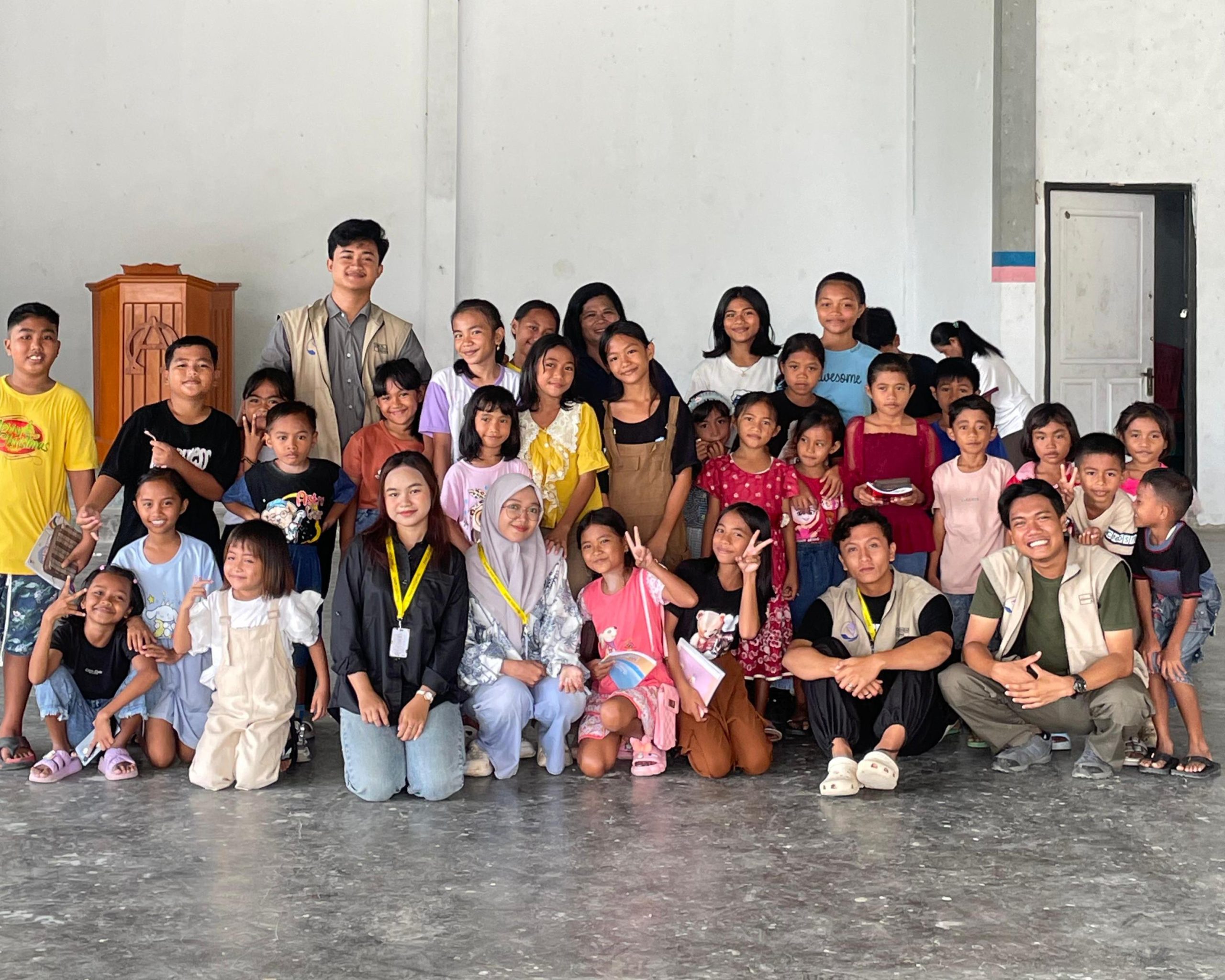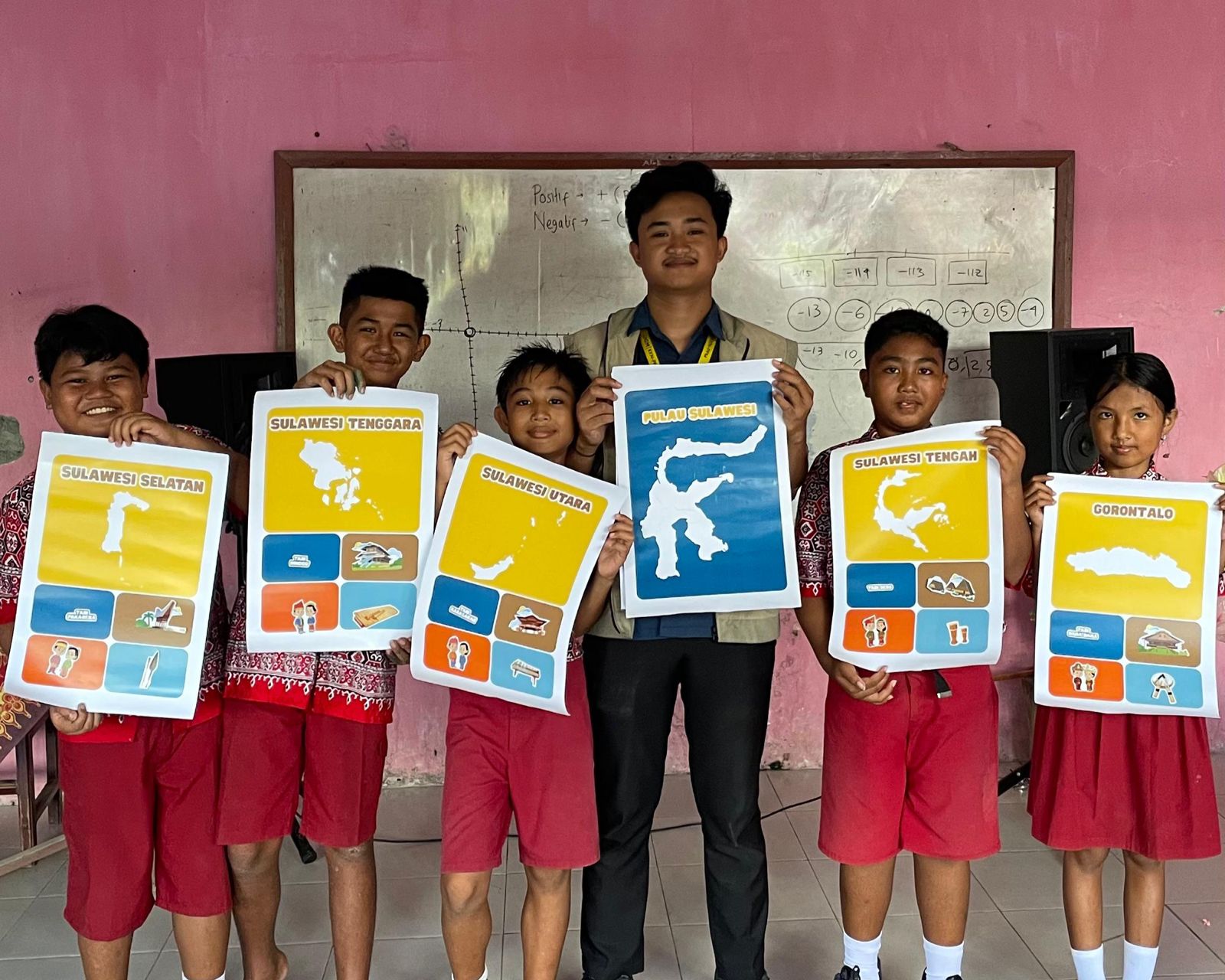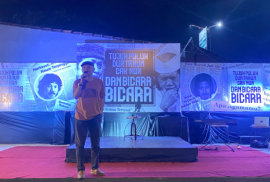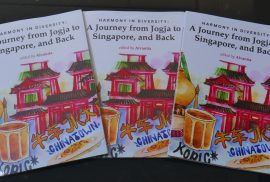Yogyakarta, September 11, 2025 – The Faculty of Cultural Sciences at Universitas Gadjah Mada (FIB UGM) warmly welcomed a cultural visit from Osaka University, Japan, in an event filled with hospitality and the spirit of cultural exchange. Organized by the Department of Javanese Language, Literature, and Culture, this program served as an important moment to strengthen international relations through deeper cultural understanding.
The event opened with a performance of Tari Sasanti Manghayu-hayu by students of the Javanese Language, Literature, and Culture Department. The dance, rich in symbolism, represented a gesture of welcome while highlighting Javanese traditional values of hospitality and harmony.
Head of the Department, Dr. Dra. Daru Winarti, M.Hum., expressed her pride in the continuation of this meaningful academic tradition.
“Looking at what has been accomplished over the years, this activity is extraordinary, especially for our students, as it provides invaluable experiences in interacting with both domestic and international students,” she remarked.
A warm response also came from Osaka University, represented by supervising lecturer Dr. Yumi Sugahara. She shared that student visits to Yogyakarta have been conducted since 2013, with an average of 30 students visiting FIB UGM every two years. This consistent collaboration reflects the strong commitment of both institutions to building cultural bridges that mutually enrich one another.
During the cultural presentation session, Osaka University students introduced various aspects of life in Japan. They presented summer traditions, showcased Japanese culinary specialties along with food sample-making techniques, and introduced both digital and traditional Japanese games. Additionally, they shared traditional toys and explained Japanese perspectives on religion and spirituality, offering participants deeper insights into the broader way of life in Japan.
This event was not only a platform for cultural exchange but also embodied the spirit of sustainable development as outlined in the Sustainable Development Goals (SDGs). The collaboration between FIB UGM and Osaka University underscores their shared commitment to providing inclusive and quality education (SDG 4) and fostering global partnerships for sustainability (SDG 17). Such exchanges provide students with opportunities to learn beyond geographical and cultural boundaries, shaping a young generation that is more open-minded, tolerant, and globally oriented.
Through this program, Universitas Gadjah Mada once again demonstrated its role as a hub for cultural and intellectual exchange, consistently encouraging international cooperation for a more sustainable and harmonious future.
[Public Relations FIB UGM, Alma Syahwalani]


